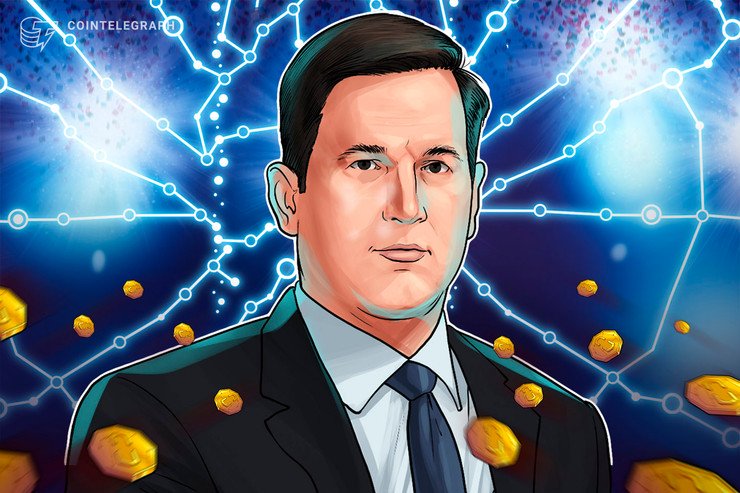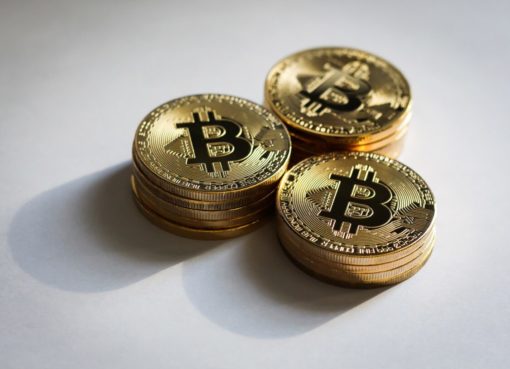During an exclusive interview with CryptoX, BitPay CEO Stephen Pair said that the platform would soon add support for more cryptocurrencies, along with a possible Lighting Network integration.
While Pair was unable to disclose which cryptos would be added to the platform next, he mentioned there’s focus on the top performing blockchains with the highest market capitalization. He said:
“I’m not going to specifically name which ones we will add, but you can look at CoinMarketCap to see all the top blockchains and come up with good guesses in what we are interested in. We are looking at cryptocurrencies that have adoption, and work well for payments. We also might add some smaller ones that aren’t as adopted, but are doing something innovative around payments.”
BitPay, which has been operating since 2011, has become a leading Bitcoin payment service provider. According to Pair, the company conducts over a billion dollars a year in payment volume and has about 30 thousand active merchant accounts. Major enterprises like AT&T and Microsoft also use BitPay to allow customers to make transactions using cryptocurrency.
While BitPay is well-known for accepting Bitcoin (BTC), Bitcoin Cash (BCH) and Ether (ETH) for online and in-store payments, Pair has noticed that customers are requesting different cryptocurrencies to be used for transactions, noting:
“We constantly get asked about XRP and a number of stablecoins. Our customers would prefer that we support all cryptocurrencies, but we have to make choices.”
BitPay recently added support for XRP, the cryptocurrency used by Ripple’s payment network. BitPay’s CMO, Bill Zielke, said that BitPay merchants everywhere are now able to accept XRP without any additional integrations required.
BitPay also supports 3 stablecoins pegged to the U.S. dollar – USD Coin (USDC), Gemini Dollar (GUSD) and Paxos Standard Token (PAX). The platform, however, has been criticized for not supporting Tether (USDT), which is the stablecoin with the biggest trading volumes.
Pair explained that BitPay hasn’t seen strong demand for Tether. Moreover, he noted that the current speculation around Tether has left the company hesitant to add it.
BitPay considers adding support for the Lightning Network
Pair also mentioned that the Lighting Network is “high on our list for what we are considering adding to the platform.”
The Lightning Network adds an additional layer to Bitcoin’s blockchain, enabling users to create payment channels between any two parties on that extra layer. This ensures almost instant transactions, with extremely low or even non-existent fees. Pair explained:
“The whole idea of the Lightning Network is to allow payments to happen off the blockchain so they don’t take up space and storage, letting them achieve higher scalability.”
About a year ago, a conversation regarding if and when BitPay would add support for the Lighting Network took place on Reddit. And although it would appear that some users are anxious for the integration, there is still debate that onchain Bitcoin transactions are better than lightning transactions.
Pair, however, told CryptoX that the most important aspect for BitPay is listening to customer feedback. He said:
“If our customers are asking for lightning payments, or Bitcoin cash payments, or XRP, then that’s what matters to us. It’s perfectly reasonable for someone to perform lightning transactions on top of Bitcoin Cash or other Bitcoin-like blockchains.”
Bits of BitPay and Bitmain?
It’s also noteworthy to mention that BitPay had plans to form a partnership with Bitcoin mining company, Bitmain, in 2017. The agreement would have allowed BitPay to help Bitmain develop open source blockchain security software.
While a partnership between BitPay and Bitmain was established, Pair mentioned that there is no current relationship between the two companies. He said:
“We collaborated on a project with Bitmain a few years ago, but there is no relationship with the company today. We would like to have them sell their miners through us, though.”
Is BitPay gearing up to become PayPal 2.0?
Support for more cryptocurrencies and a possible integration with the Lightning Network may have some thinking that BitPay is positioning itself to become the next PayPal for cryptocurrencies.
While this may be, the company has — like PayPal — been criticized for restricting payments in a few instances. A $100,000 donation to an Amazon rainforest charity was reportedly blocked by BitPay last August. The reason being was that charity organization, known as Amazon Watch, failed to meet BitPay’s internal standards.
Last September, the Hong Kong Free Press also complained that BitPay was holding donor funds for weeks.
Pair explained that the Hong Kong Free Press didn’t have their bank account set up correctly and that there were additional steps needed to be taken before transactions could be made. He said:
“We have a tiered system at BitPay that starts with minimal documentation and then more documentation along the way. Often times things like this happen because companies haven’t gone through verifications or gotten approved for higher tiers.”
Pair also mentioned that BitPay takes regulations very seriously and that the company is fully compliant with U.S. regulations.
According to Pair, being compliant in the U.S. is a main reason merchants choose to use BitPay over other service providers. “Some competitors haven’t thought through the full payment experience from a merchants perspective,” he said. Pair also attributes good customer support and e-commerce tool integrations as reasons for BitPay’s success.
Although BitPay may have all the elements required to become the next PayPal, increased user adoption of cryptocurrencies is the next step. In the meantime, Pair noted that BitPay’s goal is to reach the point where people naturally expect to have the option to pay with cryptocurrencies wherever they go. He said:
“Once you achieve that level of ambiguity, you will be able to spend cryptocurrency easily. The missing link now is embedding it, which is not something that will happen overnight. Rather, this will happen like the evolution of the internet — I think we’ll see a similar story around blockchain payments.”




